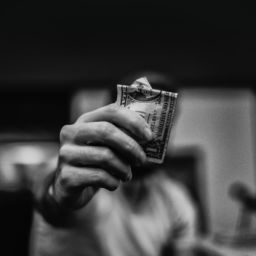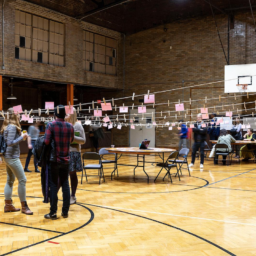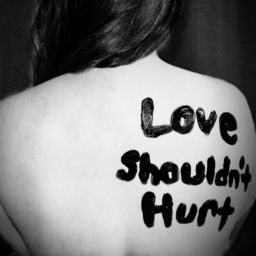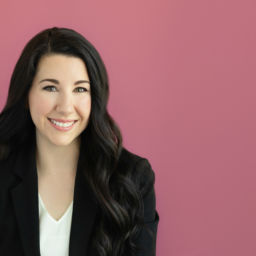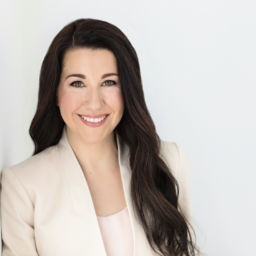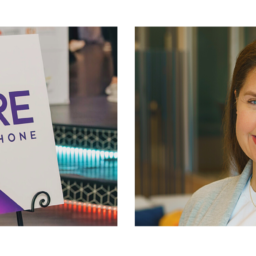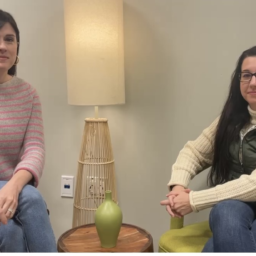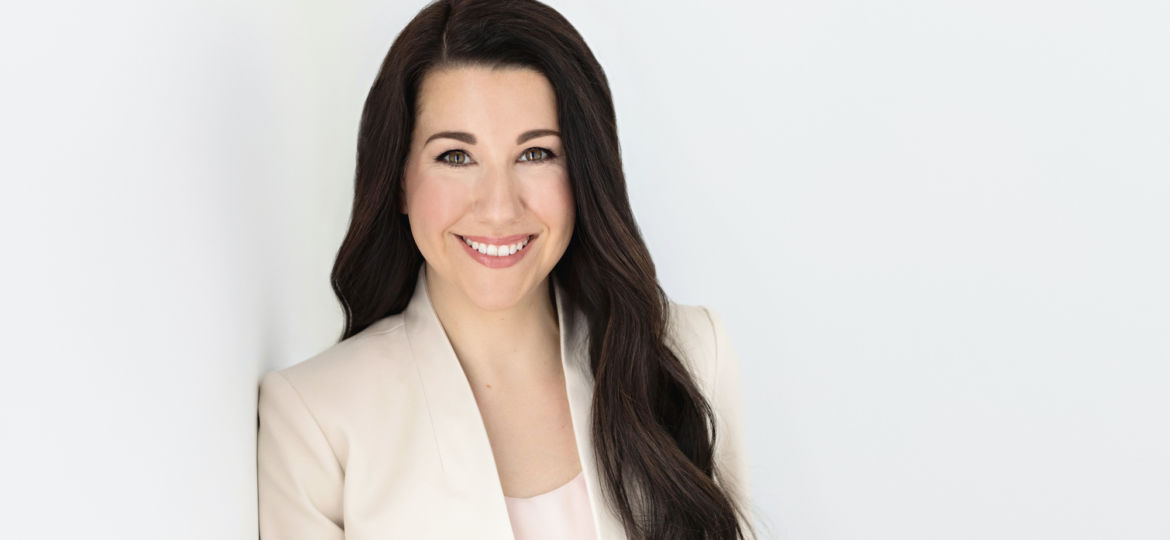
As told to Leslie Bailey.
Trigger warning: This story contains descriptions of intimate partner violence/domestic abuse.
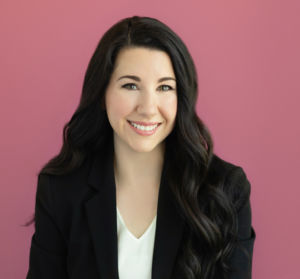
My childhood was rough. Looking back, my parents simply weren’t ready to be parents. They were like, 27 or 28 years old but from the standpoint of being able to regulate and then take care of another human — they just weren’t there. So, I grew up fast. The first memory that I have of my mom being physically abused, I was about three years old. I remember trying to physically separate my parents and — I’m a tiny person anyway, I was really small then. But I’ve never felt small.
I remember trying to protect my mom, keep my dad away, and protect my brother — he was about 18 months old at that time. My dad wanted my brother, and my mom didn’t want to give him up. And my dad hit my mom. He punched her in the face. She let go of my brother and I ran to go try to find help. He broke her jaw, which ended up being wired shut for 12 weeks. That was the first time my mom left my dad.
It’s fascinating for me to think about it because I boxed all of this stuff up. We box it all up because what is it doing to serve us? I had a conversation recently and the way the person framed it back to me was, “Well, you’re a doctor, right? If somebody comes in with a problem, but you notice that their arm is also broken, are you going to ignore the broken arm?” And it’s like, “No, we’re going to fix the broken arm.” These instances from childhood are like a broken arm that was never mended. You just learn to live with it, but it still needs to be fixed. I thought that that was a powerful way to start thinking about this. My childhood was not great but I’m not the worst by any means. I think that we have a propensity to diminish our own experience in exchange for, “it could be so much worse.”
I had zero control. I knew what it meant to be cold and hungry, and I knew some mornings that where I woke up wouldn’t be where I would lay down to sleep at night. It wasn’t until I was 12 years old that my mom left my dad for the final time. I think she left seven or eight times in the span of nine years that I can remember. He had threatened to kill her again, and this time, she finally believed him.
As an adult, I think, “Oh, how bad — how bad must it have been that she actually believed him?” That’s something that until this moment, very few people know. They know me as a physician. They know me as a business owner. They know me as a wife, a friend, a mentor, and a coach. They don’t know Ashley, the little girl that felt completely powerless. I’m not sure I ever gave that Ashley a voice before now.
When I was five or six years old, my grandpa was taking me to kindergarten. He looked over at me and he said, “You know Ashley, the only thing that can never be taken away from you is knowledge.” I saw my mom’s struggle and I knew my own struggle; I knew the only thing that couldn’t be taken away was what was in my mind. I knew in my heart what I wanted for my future, and I saw education as a way to escape. I saw it as my way out of a situation that I didn’t ask to be a part of.
I grew up taking care of my brother, and I would mend my mom — I am a healer at heart. I thought that education paired with my propensity to heal could be housed in the profession of medicine, so I was really young when I decided I was going to be a doctor.
Lots of kids have the idea that they’re going to be a doctor or astronaut or whatever, but no, I was really going to be a doctor because that was my way out. So, I set on a path, and I excelled. I was fortunate to be gifted and academically given opportunities because when this little girl would roll in, her clothes were not necessarily washed. It’s clear that she hasn’t eaten. I hoarded food back then, and I still have a propensity to hoard food even now. But people on my educational journey saw a glimmer of something in me even when I didn’t see it myself, and they helped me. And because I was coming from nothing, I didn’t know if I could actually do it. I would lean on them — my teachers, mentors, counselors, whoever would listen to me — I would lean on them and their belief in me when I didn’t believe in myself. And it helped pull me out of a space where I could have stayed for a long time.
The most important person who believed in me was my grandma. The final time that my mom left my dad we had nowhere to go, and my grandma opened up her home to us. My mom, my brother, and I moved into a 15 x 15-foot bedroom. That’s all she could give us. But it was better than couch surfing or not knowing exactly where we were going to be. Which by the way, 12-year-old Ashley hated. At 12, you’re kind of in this weird in-between stage of a child and growing up, and now all of a sudden I’m stuck in this room with my mom and my brother under my grandma’s rules. But my grandma instilled in me that you need to think and work for yourself and everything else will come into play. She was a stability factor.
My grandma passed in 2010. I didn’t know what it meant to be depressed until she died. She was like my mom. She was always a fan of me being me. My husband and I eloped. We didn’t tell anyone for three months. and when I finally told her, she asked, “Did you take that boy’s last name?” And I said, “No, Grandma.” She replied, “Good girl.” That was my grandma. She was a feminist and she believed in empowering women. Even coming out of the Great Depression, having stayed at home and raised six kids. She was well educated because she read — she was a voracious reader. It didn’t matter that she didn’t have a formal education and had to leave school. She was the epitome of a female role model.
My mom and I have a really good relationship now. That took a lot of work for me to realize that parents are just humans. They’re messy and they’re doing their best. And their best might not have been what I needed, but it’s all they could give, and therefore, while I can never forget what has happened, I can forgive it and move on.
I’m now an adult who can set the boundaries and the parameters whereby we interact. I have the power to engage or disengage, which is something that I didn’t have growing up and that’s created a healthier dynamic for my mom and me. On the same side, my dad, for all of the things that he’s done — and it’s been a lot — he’s a messy human. I have the power now to decide what that relationship looks like. We’re only around for so long, and then we never get a chance to go back. I feel like I only have so much time left with my parents, and I will engage in a way that’s meaningful and healthy. I talk to my dad a couple of times a year, but I talk to my mom basically every day. To hold on to the hatred and the resentment just weighed me down and I didn’t want to live with that.
I believe that all our experiences create the filter with which we see the world. Things aren’t negative, it’s just the ways in which it manifests. I still hoard food. I don’t take anything for granted. Or at least I try hard not to.
Giving a voice to that childhood experience has been what has propelled me to achieve. I thought, “I’m going to become a doctor and make money. That money will equate to having all the things that I’ve never had and then that will equal happiness, stability — all those things.” Well, that’s not true. We create the narrative that we have a plan because we don’t like uncertainty. I lived in uncertainty. That’s all my life ever was. And even though I have more stability now, that feeling of uncertainty has never left me.
That used to create a lot of anxiety for me. But I’ve worked with a lot of people over a long period of time to train that into more of an appreciation for what I do have, what I am capable of, and to not be afraid; not to live my life in fear of losing it all. It has become more of an appreciation for simple things that I think that we overlook, like just being able to go open up my fridge and have it be full of food.
But I know what it means to be cold and hungry. And now as a business owner, I feel like I have an ability to make sure that at least the people who are working with me, don’t have that happen to them. So, my filter might be different from others. But I don’t think that it has to be a negative. It just informs the experiences that I take forward.
I know the difference an investment by another person can make in your life from my experience as a child. As an employer, I want to make sure that my people feel like they are being invested in, not just as an employee, but as a human who has all kinds of stuff happening when they leave at the end of the day. So, we created a culture that supports and nurtures the people that come in with us — because that’s what I needed growing up. One of my employees said, “Sometimes it feels like you’re loving us to death,” but I want them to understand how much they’re valued.
As a resident, I was working under a man named Dr. Gavin, and one day in the middle of rounds, I completely messed up on a patient. No one died, but it was a big error, and it was on me.
He came down on me pretty hard in front of everyone. I owned it and fixed it. I went back to him later after rounds had ended and I just said, “Hey, help make me better. I don’t want that to happen again.”
And he said, “You’re a damn dandelion.” And I asked, “What?” And he replied, “You’re a dandelion. There are orchids and there are dandelions, and YOU are a dandelion. You get knocked down and you just keep coming back, and then you ask for more.”
That’s what grit is. It is. Stuff happens. It’s always going to happen. The question is, how fast are you going to get back up?
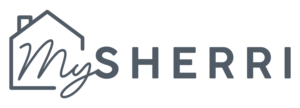
Ashley Butler is the founder of MySherri, a home management company that is focused on helping busy individuals and families manage their households so they can focus on what matters.
All of our content—including this article—is completely free. However, we’d love if you would please consider supporting our journalism with an Indy Maven membership.







